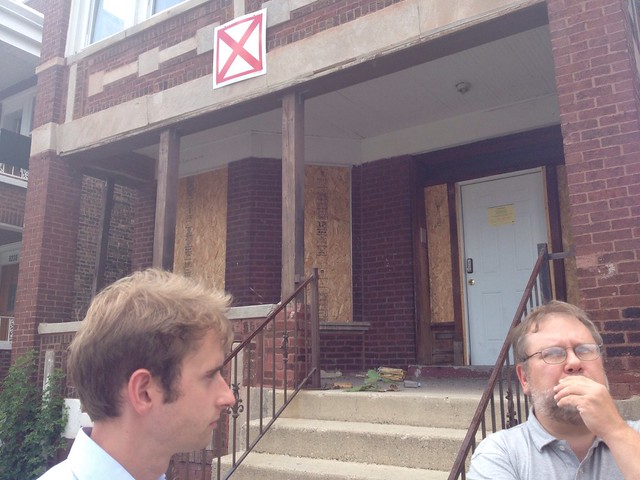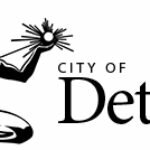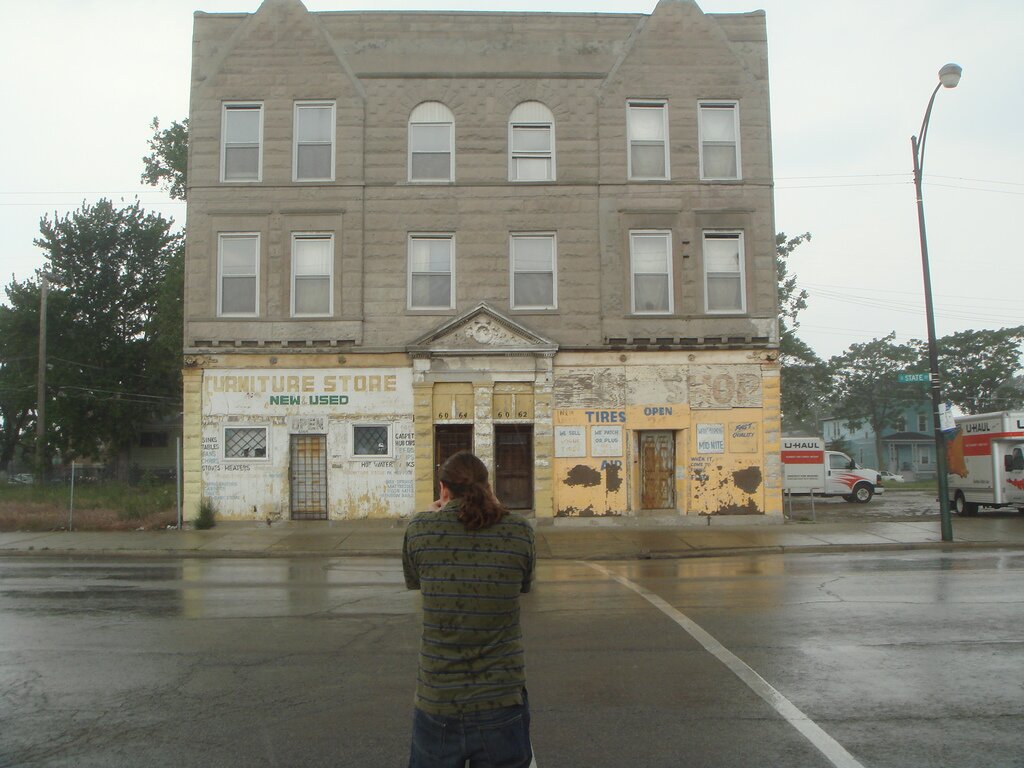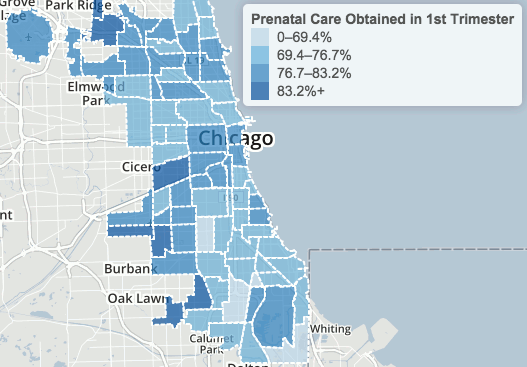
Matt Hampel from LocalData and David McDowell from the Southwest Organizing Project talk about vacant building data.
Smart Chicago Collaborative is proud to announce our partnership with the Southwest Organizing Project and LocalData as part of the Civic Works Project — providing tools that empower organizations to make change in their neighborhoods.
SWOP and the Southwest Side
The Southwest Organizing Project (SWOP) is a non-profit working on a number of issues including public safety, education, immigration, leadership development and housing. They are an immensely valuable organization working in the community. Founded in 1996, SWOP’s efforts were recognized earlier this year when they received the MacArthur Foundation Award for Creative and Effective Institutions. SWOP’s neighborhood stabilization goal is to acquire, rehabilitate and reoccupy vacant properties and develop a pool of homebuyers and highly qualified tenants within its 30 member institutions and the surrounding neighborhoods.
SWOP needs high-quality data to make informed decisions. Part of their work on housing involves walking neighborhoods and taking inventory of vacant and abandoned buildings. SWOP’s data is better than the what the city or the county currently has – mainly because SWOP’s community organizers know their neighborhood areas better than anyone. But their current process is cumbersome. Data is collected on paper and painstakingly transcribed.
When Smart Chicago applied for the Knight Foundation Community Information Challenge, one of our goals was to bring everything we’ve learned about civic technology and use it to boost the efforts of civic organizations who are working in the trenches day in and day out to solve the city’s most difficult problems. As part of the Civic Works Project, we’ll be providing five solutions to non-profits doing work in the neighborhoods. As our first step, Smart Chicago will be providing the services of LocalData to SWOP to assist them in their efforts to catalog the extent of the housing crisis on Chicago’s southwest side.
LocalData: A digital toolkit built to address the housing issue
From community gardens to vacant buildings, LocalData lets organizations collect data on a smartphone or tablet and quickly visualize it in an online dashboard. Local property and building footprint data fuels the app, providing an accurate map of every home and building in the neighborhood.
LocalData began as a Code for America fellowship project in 2012 for the City of Detroit. Michigan native Matt Hampel, Alicia Rouault, and Prashant Singh built LocalData to give community organizations the tools they needed to collect data that matters — including surveying abandoned and vacant buildings in Detroit. The project has spread nationwide with support from the Knight Foundation.
The toolkit is easy to use. Surveyors simply load the app on their phone and tap on a building in the app to add data. There’s nothing to download, which means that groups can quickly scale up their data collection efforts with volunteers.
As organizers collect data, results are automatically loaded online. There, the organization can visualize the results on a map, filter and sort the data, and export the everything into common formats like Excel, GeoJSON, CSV, KML or a SHP file. With these tools, organizations can use the data in a variety of applications.
LocalData and SWOP – Together
With LocalData, SWOP’s process is becoming faster, collaborative, and more engaging. There’s no more transcription, and it’ll be straightforward for organizers to stay coordinated from the office, at home, and out in the field. This data, which is more accurate than the city’s current dataset of abandoned buildings, will be invaluable to efforts such as the Cook County Land Bank project — and to other organizations across Chicago.

An vacant building tagged with graffiti
Additionally, Smart Chicago will provide funding to develop 311 integration into the Localdata app. When SWOP’s community organizer identify graffiti or dangerous buildings – the city should be aware of it right away. By adding the ability to submit 311 requests directly through the Localdata app, it will enable the SWOP to make the city aware of problems that need to be addressed quickly and easily. As these problems get addressed, it’s a win for both the City, for SWOP, and the neighborhood.
More to come
Starting today, SWOP members will be surveying streets and alleys on Chicago’s southwest side using the Localdata tool. Smart Chicago will be blogging about their efforts as the year progresses. We’re excited about this partnership and are proud to be a part of SWOP’s efforts to address the housing crisis in Chicago.
Additionally, there are more projects underway that address issues facing both non-profits and government agencies. As these efforts are launched, we’ll share the results of our work with you.





